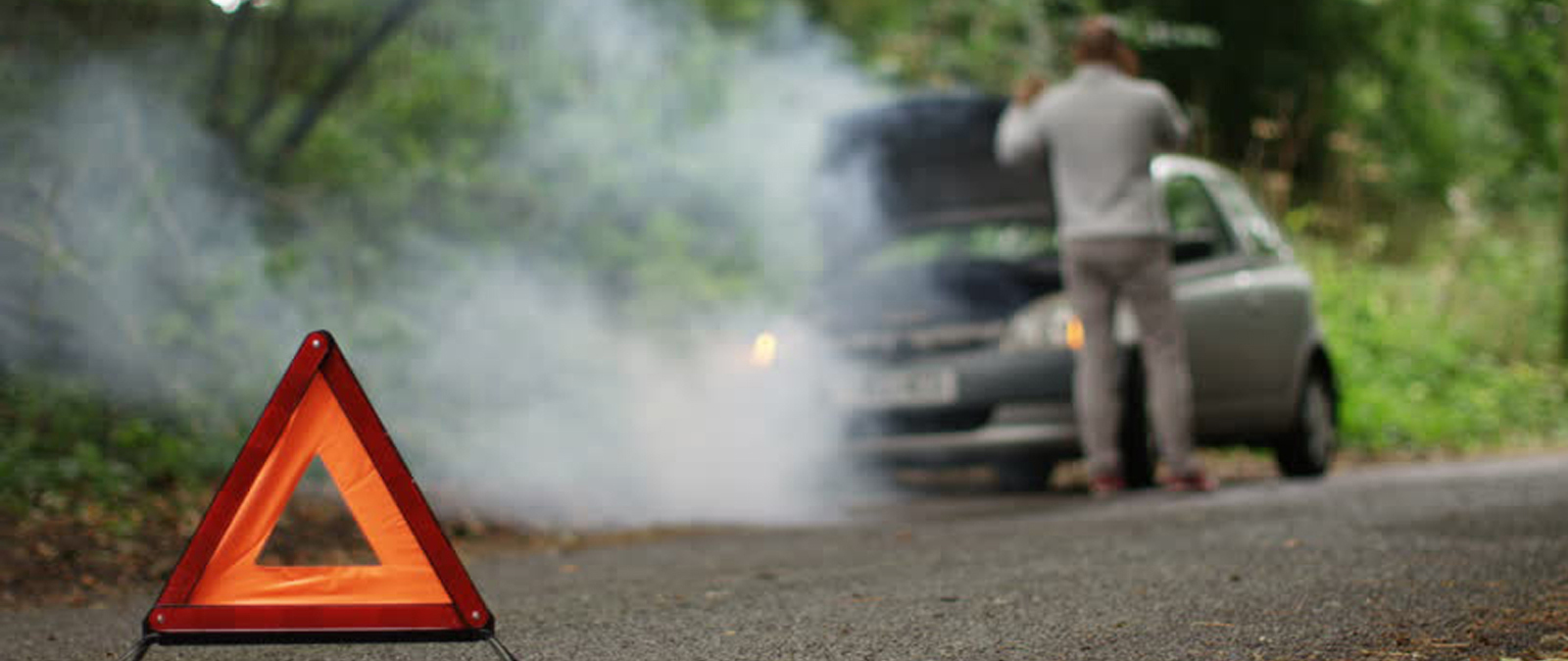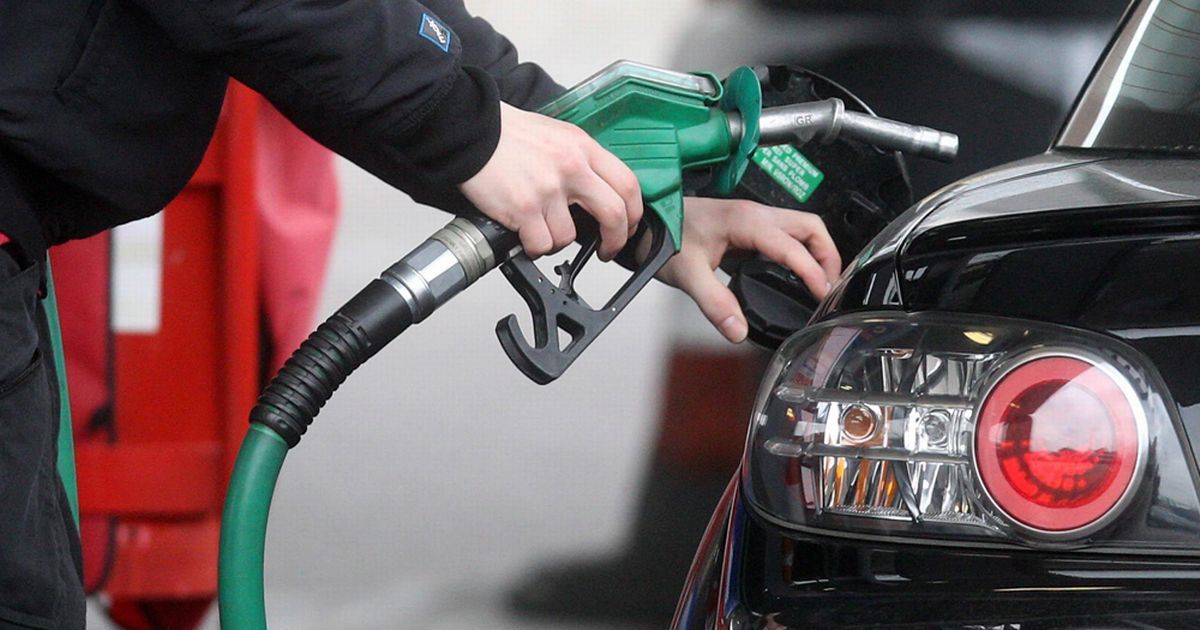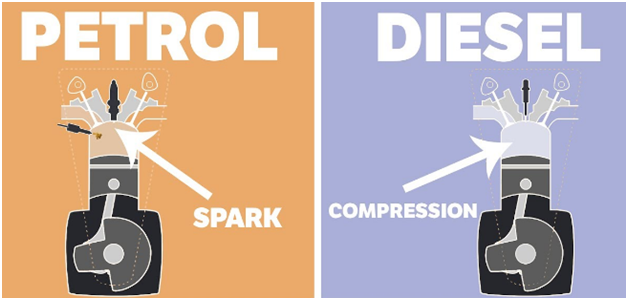
Wrong Fuel (Petrol in Diesel)
24/7 National Fuel Drain Service
Call FREE Now
0800 711 7172
Call NOW for a 10% DiscountWhat to do if you put the wrong fuel in your car
← Back to Blog
Our "How To" Guide to deal with Wrong Fuel Situations

A common mistake many drivers make is putting the wrong fuel in their vehicles, and I am certain you are wondering what to do if you were to find yourself in the same situation.
It’s a common occurrence that people, after a long or stressful day, lose focus and put the wrong nozzle in their fuel tank. If this happens to you, expect some damage to happen to your engine. The diesel nozzle is larger than the petrol fuel tank socket so it’s more common to put petrol inside a diesel engine. The main reason is that diesel nozzle is larger than petrol filling nozzle which fits easily in the diesel filler neck. Sadly, this is the worst-case scenario since more damage will occur to the diesel engine with petrol than diesel in a petrol engine.
The United Kingdom has roughly 130,000 cases of wrong fuel usage annually. If you ever make this mistake you must not start the engine. this will not only cause the wrong fuel to be transported all over the engine and other components but it will also damage the engine due to the misuse of the fuel inserted, which will plainly result in a pricey repair or, in worst cases, a totally new engine! of course, this depends on multiple factors mainly the time the wrong fuel has been running inside the engine and the quality of the engine.
To analyze the different effects of diesel on petrol engines or vice versa we must first define each one of them and the difference between them.
-
Petrol
Petrol is a mixture of some refined oils and natural gas by-products. Petrol is an extremely flammable substance which should be put into consideration. Due to its high flammability it is mainly “sparked up” in the engine which provides enough energy to drive the pistons.
-
Diesel
It is another by-product of petroleum that is heavier than petrol. This fuel is combusted by high pressure with ought any spark. You can distinguish between both engines by the sound of the engine, diesel engines have a louder noise than petrol engines. It is the cleaner version of both fuels since it produces less carbon emissions.

What you should do if you fall for it.
Do not try to figure it out by yourself! Leave the job for a specialist. You can help by doing a few things until the specialist arrives:
- Before you do anything make sure you actually made the mistake. You can easily make sure if you have gotten a receipt from the petrol station and compare the price you payed to what you normally payed.
- Do not start the car and turn it off if you already did.
- Park up in as safe a place as possible and put the car in neutral.
- Call your insurance. Tell them what happened and be certain that they have had previous cases with this sort of issue and they will probably give you some great deals.
- If your insurance does not cover misfuels (most don't) contact a mobile Wrong Fuel Specialist.
- Give them your vehicle details and location and await rescue.
If you figured out during your journey due to a weird sound, or smell, or strange driving mechanism, pull over to the nearest side road as fast as possible to prevent any further damage. While your waiting for help, there are some things you can do to maintain the situation:
- Pull over to the side and turn on your emergency (hazard) lights.
- Leave the car (It is usually safer to await assistance away from the roadside, rather than in the vehicle).
- If available, place your breakdown triangle behind the vehicle and don high visibility clothing.
- After you have taken the necessary safety precautions, make a few calls to your insurance company or Wrong Fuel Specialist.
What happens inside your car if the wrong fuel has been used.

Due to the multiple differences between petrol and diesel, when you fill a tank with the wrong type of fuel, the engine will face numerous difficulties. This is because, as we mentioned before, the energy extraction process for the diesel is different than petrol, and when the system is forced to run with a different type of material then there are some errors that will occur.
In the case of petrol being fed to the diesel engine then the damage will be significant, but if it is diesel in a petrol engine then the damage will be less serious; however, it will not be an easy fix. As we mentioned petrol engines work by the concept of sparking up pressurized fuel and the energy to drive the pistons is taken from the thrust created by that explosion. When the petrol fuel system lights up diesel, the power in that diesel spray is less than the same amount for petrol since diesel has more impurities. Diesel fuel combusts slower than petrol which will not provide enough energy per second to drive the pistons at the desired capacity which in turn will mess up the cycle of the petrol engine. diesel is also more of a lubricant than petrol and combined with the lower supply of power and it will alter the whole fuel injecting and piston cycle.
In diesel cars, just as petrol enters the system the damage has already been done as this will directly ruin the fuel injector system. Diesel engines do not use spark plugs to bur fuel, and petrol will not combust under high pressure. The engine will end up soaked with petrol since it was not burned and in turn stayed in side the piston chamber. If this happens its already too late. Anything as little as water in the engine will stop it after a short time. More will happen if the car stays on any longer. Since petrol is less lubricative than diesel, the piston chamber will start to wear off and some fillings may form. When this happens, those fillings might accumulate over time and jam the pistons from moving which will lead to breaking the engine, or even worse, if any spark is generated inside the engine due to any malfunction, the compiled petrol will light up and explode under the high pressure of the jammed piston and may create a hazard.
A worst-case scenario is the possibility that the small fillings which have been worn out off from the pump could end up in the fuel source. If the small fillings get stuck in the injectors, they can cause it to jam and fail. Although it might be easy to replace the pump, it can be very costly and difficult to replace the destroyed injectors.
A mixture of fuel results in a new form of fuel which contains altered properties. The result is that the fuel will not burn properly in the engine. It is because of this that you will observe that there is a lot of smoke from vehicles exhausts. The incomplete combustion will lead to engine ‘a cough’ and loss of power. The second effect is that the incomplete combustion can destroy or damage the vehicle’s sensor by covering or overheating them and have to be replaced or cleaned which increases maintenance cost.
If your tank has both diesel and petrol, then here is what to expect to feel while driving. the engine will only use the part it should consume and the other half will be put to waste. This might decrease the power and thrust of your car while driving. It will also result in a sudden lagging of your car. The second effect the that the heat of your car will rise and you can comfortably know that from the dashboard of the driver’s seat.
What if it is petrol inside the diesel engine.
If your pondering at the fuel station whether you made a mistake or not and chose to drive the car anyways, then look forward to notice some or all of the symptoms expected, it has a lot of common results like putting diesel in petrol engines.
You may be unable to start your engine. Let us say you get lucky and you do start your engine and you start driving, the most noticeable feeling is the car will feel sluggish. Supposing that you didn’t feel it, after a longer period the engine will probably start spluttering and will surely give an uncomfortable driving experience. Like diesel in a petrol car, more than usual smoke may come from the exhaust or even from the engine.
These symptoms may also mean something else has happened so wait and call a professional before making any wrong decisions.
The degree of damage mainly depends on the percentage of wrong fuel inside the system and the previous condition of the car and engine.
The last and least effective option to figure out if u switched fuels or not is to use your nose. Open the fuel cap and take a sniff, if you know the smell of petrol or diesel it would not be so hard to distinguish between them.
Conclusion
It is common to mistake the fuel in your car. In case it happens to you, you should always be fully aware of the steps to be taken, or you could just ruin your vehicle. Reading the guide thoroughly will prepare you for the worst.
Source: Wikipedia